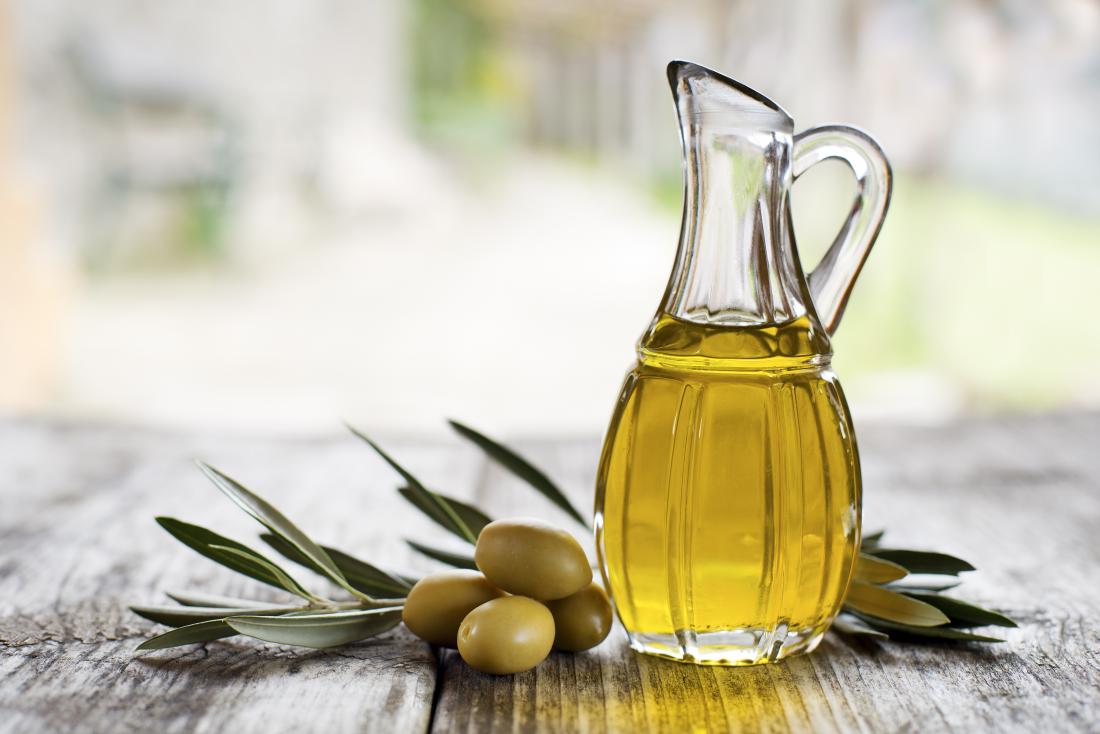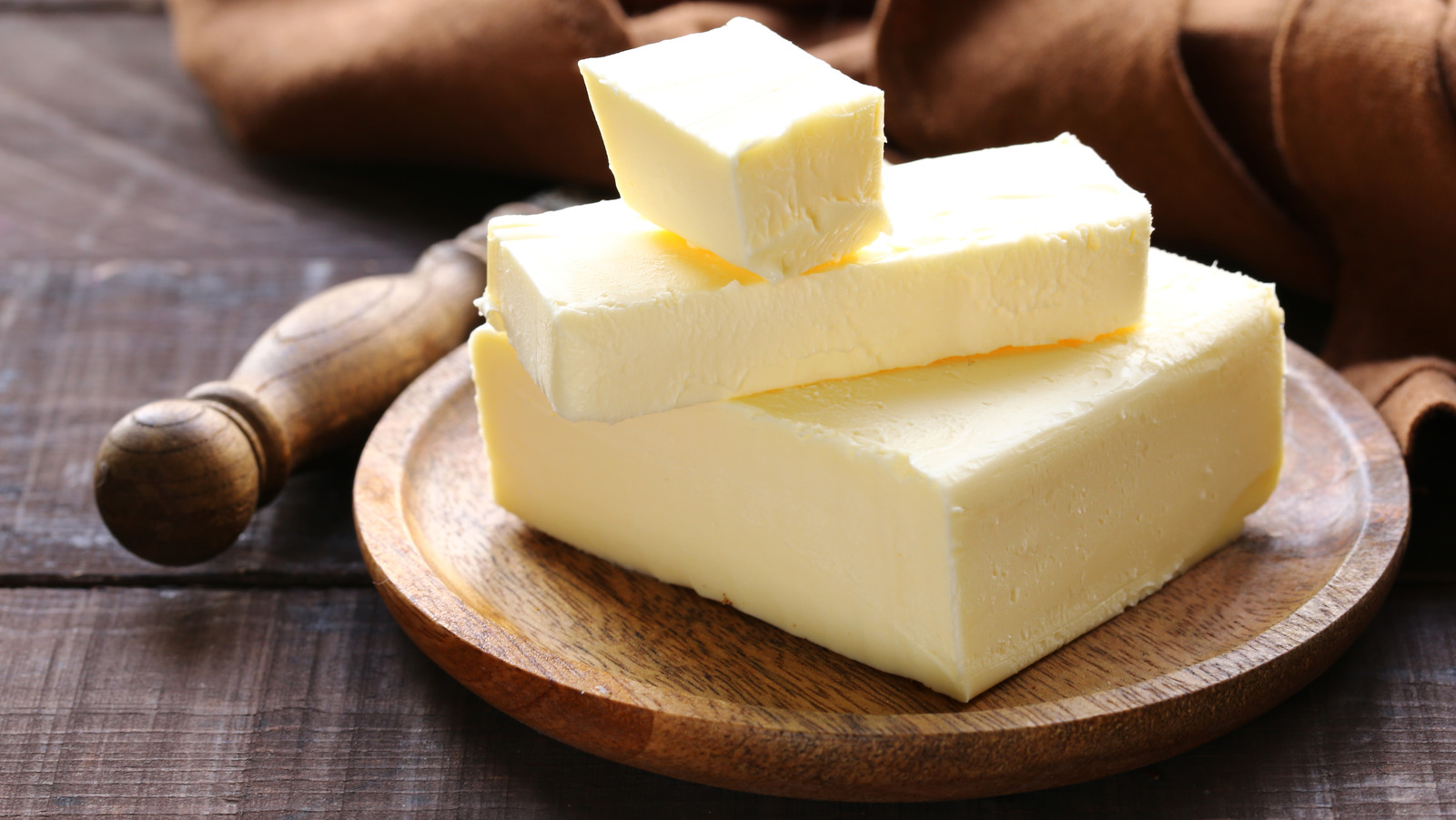Does Fat Make You Fat?
Does Fat Make You Fat?
A common misconception is that consuming “fats” is what makes you gain weight. Excess calories are what creates extra pounds, not fat-based foods. In fact, 20-35% of our daily calories should come from fats. Not only is fat a macronutrient that our bodies (and brain) need on a daily basis, but there is a lot of nutritional value in fat-based foods that benefits us greatly as well!
What foods have fat in them?
· Oil
· Butter
· Cheese
· Milk
· Yogurt
· Fish
· Certain nuts
· Avocados
· Dairy products
· Meat products

So what does fat do for me?
The main role of fat is long-term energy storage. When your body runs out of carbohydrate fuel, it uses up fat for energy. This is especially helpful if you are an active individual! Fats also compose the membranes of your cells. Your entire body is made of cells, so it is important to maintain the integrity of their structure with fats. Additionally, fats help create steroid hormones, such as testosterone and estrogen. Even your brain is mainly made of fat and needs it to function! Fats are also necessary to absorb vitamins A, D, E, & K.

How do I know what fats are good for me?
There are three different main categories of fats:
1. Unsaturated Fats
Unsaturated fats can be broken down into two sub-categories: monounsaturated fats and polyunsaturated fats. This group consists of any fat that is liquid at room temperature, such as olive oil or fish oil. These are the healthiest fats for your body, as they promote heart health, boost your immune system, lower “bad” cholesterol, and support brain function.

2. Saturated Fats
Saturated fats are solid at room temperature, such as butter or coconut oil. They are slightly less healthy for your body because they can raise bad cholesterol and, over time, can clog your arteries. However, your body still needs saturated fats, in moderation, to support all of the functions of fat listed above. So don’t be afraid of butter, but swapping it for olive oil when possible is even better for your body!

3. Trans Fats
This is the one category of fats that should be avoided entirely. Trans fats do not come from nature, but are man-made. Companies will alter normal fats with heat to change their chemistry and make them more shelf-stable. So they may be lasting longer on the shelf, but that means they are also lasting longer in your body. High heat from frying foods can also turn fat into trans fat. Look for and avoid fats like “palm oil,” “hydrogenated oil,” and “margarine” on ingredient labels to identify whether the products you want to buy have trans fats in them.

-OB
https://www.nhs.uk/live-well/eat-well/food-types/different-fats-nutrition/
Ha, Eun-Jeong. (2021). Lipids.
https://www.mynetdiary.com/4-types-of-fat.html
https://www.redbubble.com/i/poster/avo-cardio-by-Yousra2020/53369292.LVTDI
https://www.medicalnewstoday.com/articles/321246
https://www.tastingtable.com/952122/the-science-behind-mixing-butter-and-oil-when-cooking/
https://www.lifeintherightdirection.com/hydrogenated-vegetable-oils-a-reminder/

Very informative! Great Job!
ReplyDeleteCV